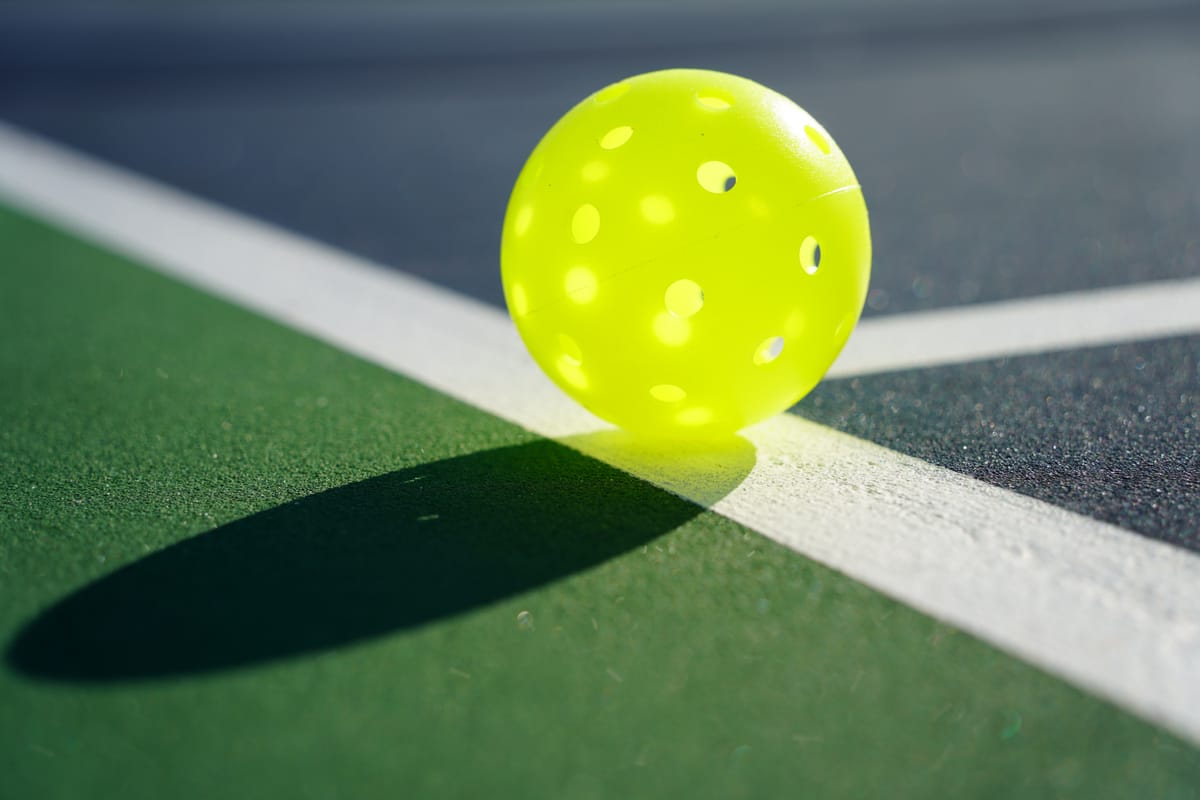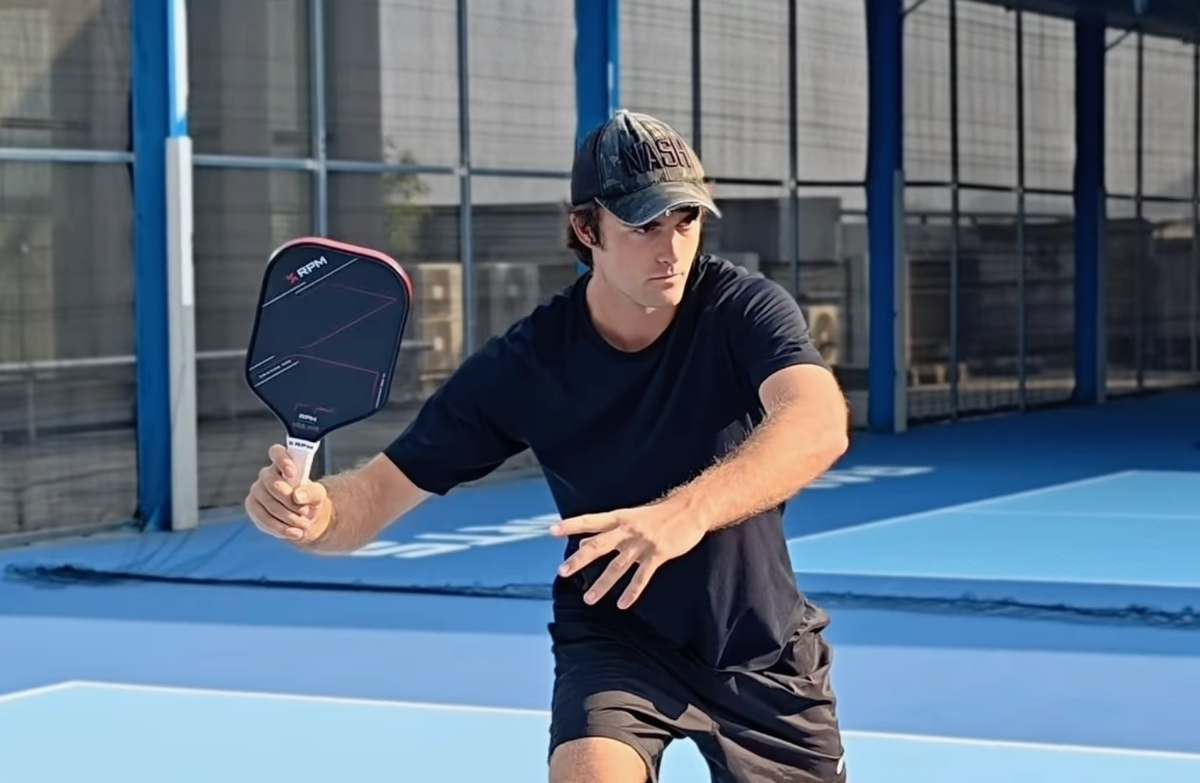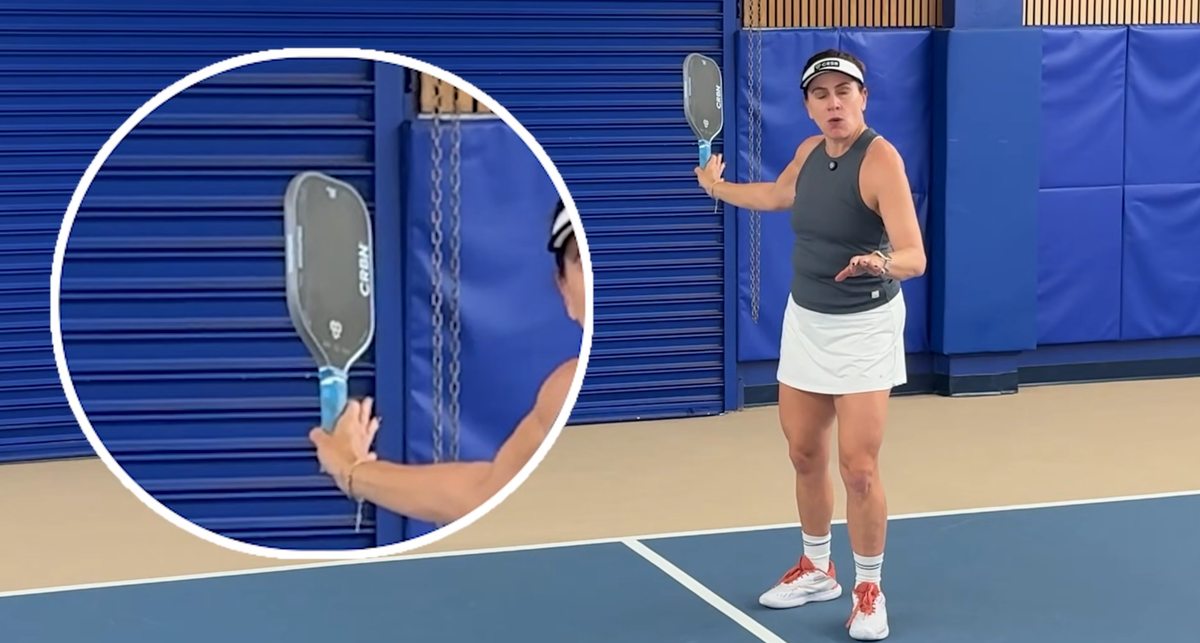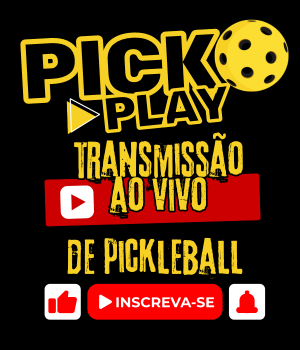
ThatPickleballSchool

Hey guys, it’s Kyle from ThatPickleballSchool. Here’s one mindset shift you can adopt to start improving faster while playing pickleball. Let’s start with a question: After you win a point or make a mistake, where do you focus? Is it on the decision you made or the outcome you got?
In her book Thinking in Bets, Annie Duke explains that we often link outcomes too tightly to decisions—we judge whether a decision was good or bad based solely on its result. She calls this “resulting.” But as we’ve all experienced, sometimes good outcomes happen even when we make bad decisions, and vice versa.
The Danger of Resulting
For example, let’s say you’re running late and decide to run a red light. If you don’t get caught or cause an accident, was it a good decision? No, it was still a bad decision—you just had a good outcome. Getting away with something doesn’t make it the right choice.
Here’s another example from Thinking in Bets: the infamous Super Bowl XLIX call by Seattle Seahawks coach Pete Carroll.

With 26 seconds left, trailing by four points, the Seahawks were on the New England Patriots’ one-yard line. Everyone expected Carroll to hand off to Marshawn Lynch, one of the best running backs in the NFL. Instead, he called for quarterback Russell Wilson to pass. The ball was intercepted, and the Patriots won the Super Bowl.
The media immediately crucified Carroll. Headlines declared:
In the history of bad play calls, that was the worst one ever. Any sports. #PeteCarroll #SuperBowlXLIX
— Max Kellerman (@maxkellerman) February 2, 2015But a few voices argued otherwise. If you analyze the decision, it wasn’t as reckless as people claimed. The interception was highly unlikely—out of 66 similar pass attempts that season, none had been intercepted. Over the previous 15 years, the interception rate in that situation was only about 2%.
Now, imagine if the pass had worked. The headlines would have read:
- “Brilliant call!”
- “Seahawks win on a surprise play!”
Pete Carroll was a victim of “resulting”—judging the quality of a decision based solely on the outcome.
How This Applies to Pickleball
The same logic applies in pickleball. Let’s say you decide to speed up a soft dink, and your opponent counters it for a winner. Does that mean your decision was bad? Not necessarily. It just means you got one bad outcome on a single shot.
What happens in the next 10 seconds after that point is crucial—and most people get it wrong. Many players react with celebration when they win or frustration when they lose. That’s natural. But after that initial emotional reaction, most people don’t do the next critical step:
GCQ: Get Curious Quick
Don’t fall into the trap of resulting. Instead, ask yourself: Did I make the right decision with that shot?
You might wonder, How would I know that? Here are some key questions to evaluate your choice:
- Was your opponent’s paddle position down?
- Was the ball high enough to speed up?
- Have you practiced that shot before?
- Does your opponent have slow hands?
- Were you aiming at their right hip or right shoulder—tough spots for a counterattack?
If your answer to these is “yes,” then it was probably a good decision that just had a bad result.
Think in Probabilities, Not Just Individual Shots
If you hit that same shot 10 times and win six or seven, then it’s a good decision. The problem is, most of us (myself included) give too much weight to each individual shot. We ride an emotional roller coaster based on every point, which can hurt our game and, frankly, just piss us off.
One Actionable Tip: Focus on What You Can Control
Next time you play, redirect your focus. Instead of obsessing over the outcome, ask yourself:
“Is this decision—regardless of the outcome—likely to win the point six or seven out of ten times?”
If the answer is yes, hit that shot again the next time you get the chance.
Separating decision-making from results will free you—at least for a moment—from the emotional roller coaster of the game. When I adopted this mindset in both training and rec play, everything changed. Evaluating decisions instead of reacting emotionally accelerated my improvement.
Think you know pickleball inside and out? Challenge yourself with ThatPickleball IQ Test and see if you can score a perfect 10 out of 10!
Related Articles:
Anuncie Aqui / Advertise Here
Sua marca para o mundo Pickleball! / Your brand for the Pickleball world!

 English
English  Spanish
Spanish  Portuguese
Portuguese  German
German  Italian
Italian  Japanese
Japanese  French
French  Polish
Polish  Russian
Russian  Netherlands
Netherlands  Hungarian
Hungarian  Turkish
Turkish  Videos
Videos  Pickleball Portal
Pickleball Portal







 English (US) ·
English (US) ·  Portuguese (BR) ·
Portuguese (BR) ·